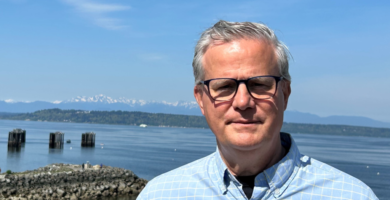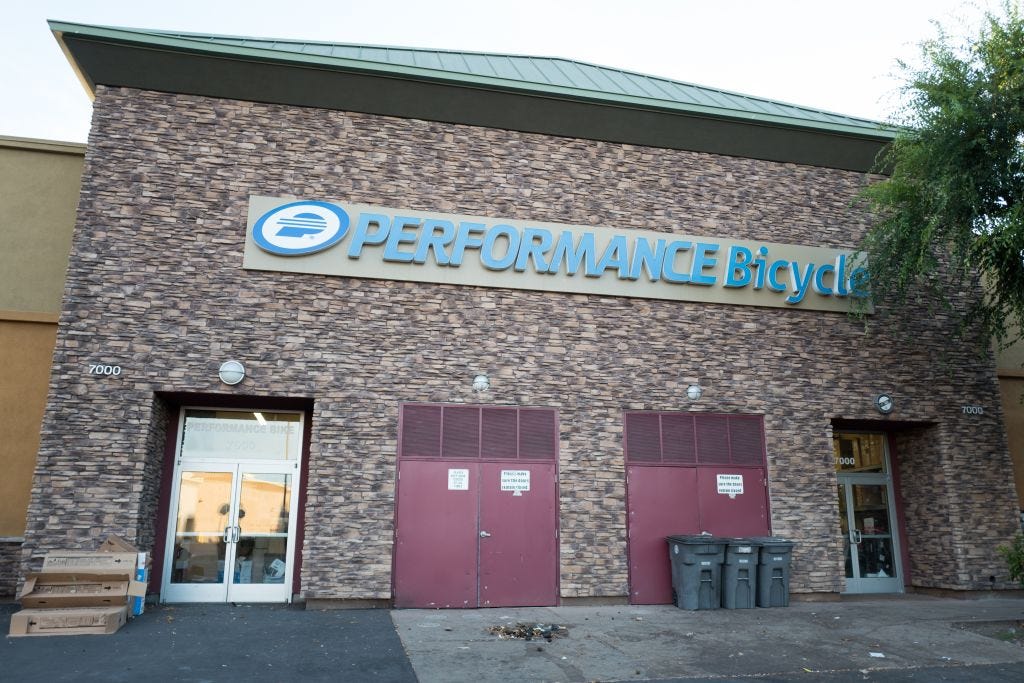I haven't looked at the C.O.N.I. manual in a long time. I'm sure it's still valuable, though some of its specifics might be dated. (To my knowledge, no new edition of the book, at least in English, was published after 1972.) But I still check out Forester's book on occasion. Some of its information is dated. That is inevitable, of course: The book came out about 40 years ago, and, for example, much of the equipment he mentions is no longer made. But I think his notions about how to cycle in traffic are just as dated.
But they were needed at the time. As I've related in other posts, many was my commute or training ride in which I would not encounter another cyclist. Most motorists--which is almost the same thing as saying most adults, as defined by law--didn't ride and regarded the bicycle as a kid's toy. And if they saw an adult riding, they thought it must be for a bad reason, such as loss of driver's license or inability to afford a car. The "car is king" attitude was, I believe, even more prevalent than it was now. Forester was, I think, trying to establish the bicycle as a viable and valid means of transportation for grown-ups in the US. Four decades ago, that meant cyclists asserting themselves themselves on the road and behaving exactly like drivers in the ways we took lanes, made turns and such.
The conditions at the time also meant that almost no policy-makers were cyclists. So, whatever laws and policies were created in the name of "safety" were wrongheaded, if not flat-out malicious. Thus, while folks like Forester advocated for more enlightened rules, they knew that they would be a long time a'coming, if they ever came at all. Cyclists asserting their rights as operators of vehicles therefore seemed like the best way to "establish" cycling, if you will, in the US.
Now, I'm not sure that drivers' attitudes toward cyclists have changed much. If anything, I think some have grown more hostile becuase they feel bike lanes are taking away "their" traffic lanes, and because they have the misinformed notion that we use roadways and other infrastructure without paying for it. In fact, a driver parking in Brooklyn (at the formoer site of the library I frequented in my childhood, no less!) made that accusation as he shouted other fallacies and epithets at me. I waited for him; he probably expected me to punch him in the nose. But I calmly informed him that the only tax he pays that I don't pay is on gasoline. I don't know whether he was more surprised by what I said or my demeanor.
Anyway, while drivers might be hostile for different reasons than they were four decades ago, there are some changes in the wind. There are, at least in a few places, a few policymakers who cycle to their offices, and perhaps elsewhere. And at least a few of the drivers I encounter have ridden a bike, say, within the last month. So there is a small, but growing recognition, that while bicycles aren't the lawless hooligans some believe us to be, we also can't behave exactly like motor vehicles and live to tell about it.
That bikes aren't the same as cars is a point made by Jonathan Maus, the editor/publisher of Bike Portland. In an excelllent article he published the other day, he uses that point to advocate for something that has become one of my pet causes, if you will, as a cyclist: the Idaho Stop.
As I've mentioned in other posts, the Idaho Stop is when you treat a red signal as a "stop" sign and a "stop" sign as a "yield" sign. In essence, it means that you don't have to come to a complete stop at an intersection unless traffic is crossing. That improves our safety immensely because if we can cross before the light turns green, we get out in front of whatever traffic might approach from behind us, as well as oncoming traffic--which keeps us from being hit by a turning vehicle.
Maus wrote his article because a similar law is up for vote in the Oregon state senate. Governor Asa Hutchinson recently signed a similar law in Arkansas, and Utah is considering something like it. A few municipalities in the US as well as the city of Paris have enacted similar policies during the past decade. But it's called "The Idaho Stop" because the Gem State has had it on the books since 1982, and for about a quarter-century, it was the only such law in the United States.
Let's hope that Jonathan Maus's words move the legislators of Oregon. Let's also hope that as Oregon goes, so go New York, Connecticut, New Jersey, Pennsylvania, Florida and...well, you get the idea.














